On December 17, the favorite writing platform Tumblr enacted a
ban on “adult content material”
published to their website. Exactly what it indicates by person material is actually images and video clips of “real-life peoples genitals”, material that depicts gender functions, and hard nipples â but only, obviously, people being “female-presenting.”
Lots of have noticed that the blanket ban accompanied an incident where in fact the Tumblr software had been removed the Apple App Store after kid porn images happened to be located on the website. A legitimate explanation, demonstrably, but as Jason Koebler and Samantha Cole
mention
, “a great deal of internet sites have the ability to successfully moderate to keep their platforms without kid porn, while permitting mature content much more broadly.” Some experts have recommended the step is always to appease Tumblr’s investors and advertisers.
I
found Tumblr at one time whenever my personal sexuality as a queer, trans lady believed non-existent. Raising up in a period where trans ladies sex is at as soon as demonised, erased, and fetishised â I experienced seldom, if ever, observed trans ladies have autonomy over their particular sex. It absolutely was a level of control I’d merely viewed relinquished through media’s resounding story about our anatomical bodies, our very own sex.
At the beginning of my change, I discovered communities that have been specifically centred around uplifting trans and queer ladies’ sexuality at the beginning of my personal changeover. It actually was at the same time where I became uncertain if I happened to be also allowed to have one. I’d no place else to acquire that type of representation this kind of an autonomous, communal method.
Within current
Archer article
, âBeing queer on Tumblr: confidentiality and anonymity within the ages of social media’, Jake Pitre articulates Tumblr as an “escape from the social surveillance viewed on communities like Facebook”, discussing the site exists for individuals assert control over their unique identities.
Pitre’s post, browse in light of Tumblr’s previous bar, abruptly feels very outdated.
Tumblr â ostensibly free from a puritanical vision â facilitated the creation and fostering of intimate communities for people that found those communities mainly inaccessible if not. This included queers residing outlying and local places who would never access bodily areas where their own intimate identity was backed.
A troubling element with the ban is the fact that there don’t seem to be clear outlines of exactly how material are policed, or what the arbiter is for what constitutes sexual images. Understanding explicit content? Just who determines whether a graphic is actually “nudity connected with political address” â which Tumblr says is actually fine â versus smut that should be erased?
Some have suggested that the system may accidentally â or, indeed, purposely â target LGBTQ+ material whether its “sexual” in nature. It’s not the first time which is taken place; in 2017, there is an outcry after it actually was unearthed that YouTube was
demonising video clips
that included queer material.
Lately, a
test-run
for the web site done by CNN discovered that images of a “woman nursing a child, a totally clothed lady getting selfies from inside the mirror [and] an image of a vase” were all wrongly flagged by Tumblr’s moderation program.
T
the guy condemnation and erasure of âdeviant’ sexual behavior and identities is without question covered with a layer of cis and heteronormativity.
As creator
Jenna Wortham
noted on Twitter, the “adult material” bar is indicative of a more substantial trend of “troubling, invisible heteronormative morality clauses” online.
It’s an indication regarding the folly behind placing that sort of rely upon a business whose objective still is associated with their own buyers and marketers.
Tumblr communities happened to be the initial places I watched people who appeared as if me personally with company over their intimate depiction. In reality, which was in private owned content material all along; content that people in charge at Tumblr could have abolished at any point.
Although it had been social network sites â not a privately owned organization â that provided me with a sense of self-actualisation and link with different queers, I, along with many more, are up against the truth that electronic program we intertwined with your intimate identities â creating capital for them along the way â was actually away from our control.
There’s a type of assumption we make that the user-generated content and communities that individuals set significant commitment â quite often
decades
â into creating are thus our own.
For a queer child in the middle of no place, those communities come to be some sort of electronic home. As publisher
Steven Thrasher highlights
, but the people when it comes to those communities “are unable to protest eviction” after they’re told to leave.
The content is obvious: we aren’t in control of just what internet looks like or what activities we are capable take part in.
It is challenging not to ever see Tumblr’s bar in line with the exact same society in charge of passing the
FOSTA/SESTA
acts a year ago.
The legislation, which properly criminalised web hosting of people that practice intercourse work, subsequently watched Craigslist and Reddit closed areas of their web sites that have been frequently used by gender staff members and clients.
I
do not know precisely what the answer is. Lots of have actually sardonically pointed out that Tumblr is far from the only real put on online to purchase intimate imagery.
But you’ll find couple of other areas on the net where in actuality the confluence of self-expression and community are creating the type of room that may be essential for marginalised sexual identities.
Unchecked, these restrictions alert a significantly various net â not simply heteronormative and puritanical, but one which silences
every
marginalised systems and identities from having an autonomous space using the internet.
Allison Gallagher is actually a writer and artist situated in Sydney. They tweet at
@allisongallaghr
.
purchase ARCHER MAGAZINE
View article: www.lesbianchat.app/
